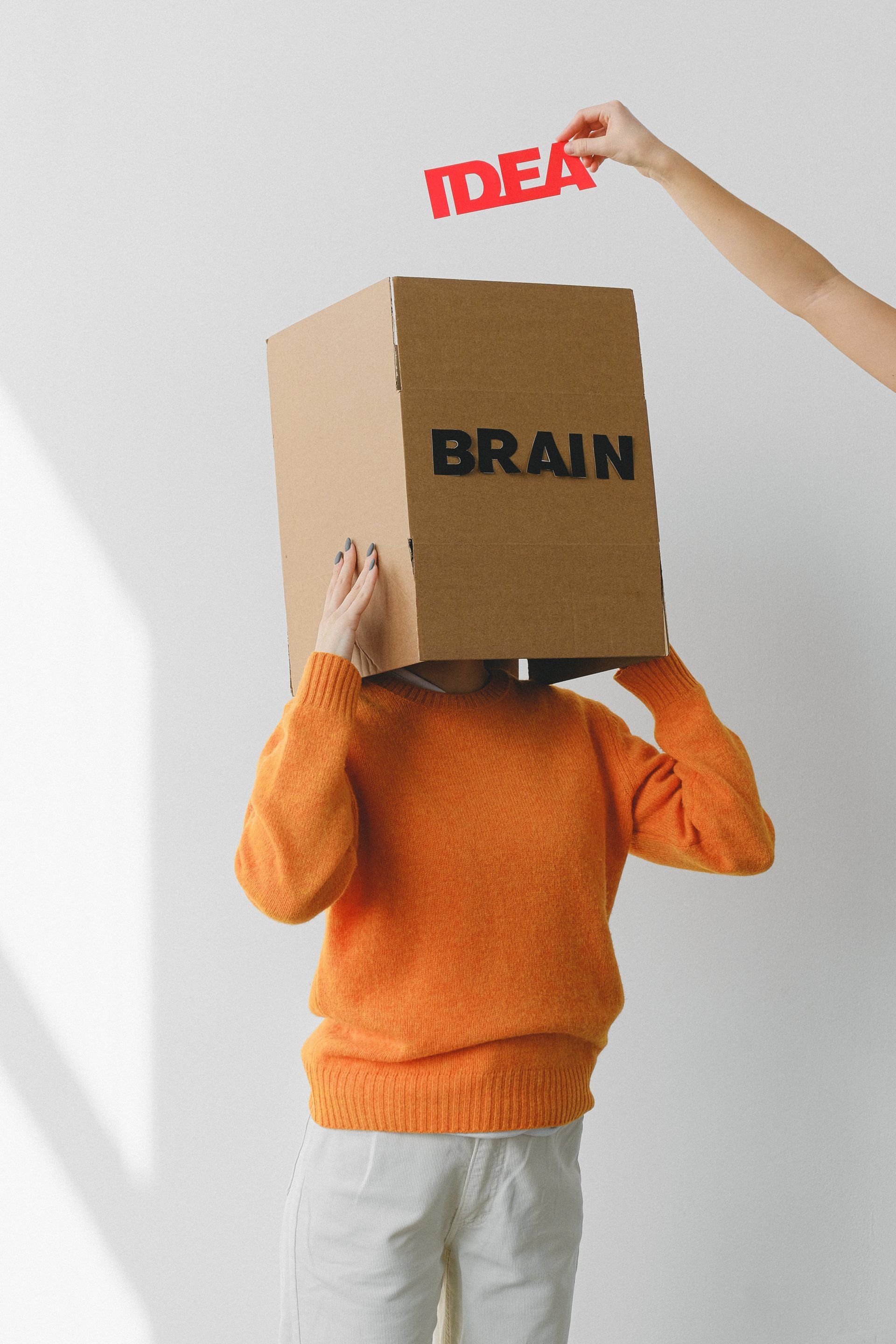555-555-5555
mymail@mailservice.com
Understanding ADHD in Adults: Symptoms, Causes, and Treatment
Recognizing the Signs and Symptoms of ADHD in Adults

Attention-deficit/hyperactivity disorder (ADHD) is a common neurodevelopment disorder that affects both children and adults. In adults, ADHD can manifest differently than in children, with symptoms that may be more subtle and may affect different areas of life. It is important to recognize the signs and symptoms of ADHD in adults in order to seek appropriate treatment and support.
Symptoms of ADHD in adults may include difficulty concentrating, impulsivity, and hyperactivity. These symptoms can affect different areas of an adult's life, including work, relationships, and daily activities.
One of the main symptoms of ADHD in adults is difficulty with concentration and attention. Adults with ADHD may have trouble focusing on tasks and may be easily distracted. This can affect their ability to complete tasks at work, in school, or at home. They may also have difficulty paying attention to conversations or following instructions.
Impulsivity is another common symptom of ADHD in adults. Adults with ADHD may have difficulty controlling their impulses and may act without thinking about the consequences. This can manifest in various ways, such as interrupting others in conversations, acting on sudden impulses, or engaging in risky behaviors.
Hyperactivity is another symptom of ADHD that may manifest differently in adults than in children. In adults, hyperactivity may manifest as an inability to sit still or as constant fidgeting. Adults with ADHD may also have difficulty staying on task and may be easily bored.
In addition to these symptoms, adults with ADHD may also experience other difficulties, such as poor time management skills, low self-esteem, and relationship problems. They may also have co-occurring disorders, such as anxiety or depression, which can exacerbate their symptoms.
It is important to recognize the signs and symptoms of ADHD in adults in order to seek appropriate treatment and support. Treatment for ADHD in adults typically includes a combination of medications, therapy, and lifestyle changes. Medications, such as stimulants and non-stimulants, can help reduce symptoms of ADHD, but they may also have potential side effects. Therapy, such as cognitive-behavioral therapy, can help adults with ADHD learn new skills and strategies for managing their symptoms. Lifestyle changes, such as regular exercise and a healthy diet, can also help improve symptoms of ADHD.
If you or a loved one is experiencing symptoms of ADHD, it is important to talk to a healthcare provider. They can help determine if ADHD is the cause of your symptoms and can provide appropriate treatment and support. With the right treatment and support, adults with ADHD can lead fulfilling and productive lives.




